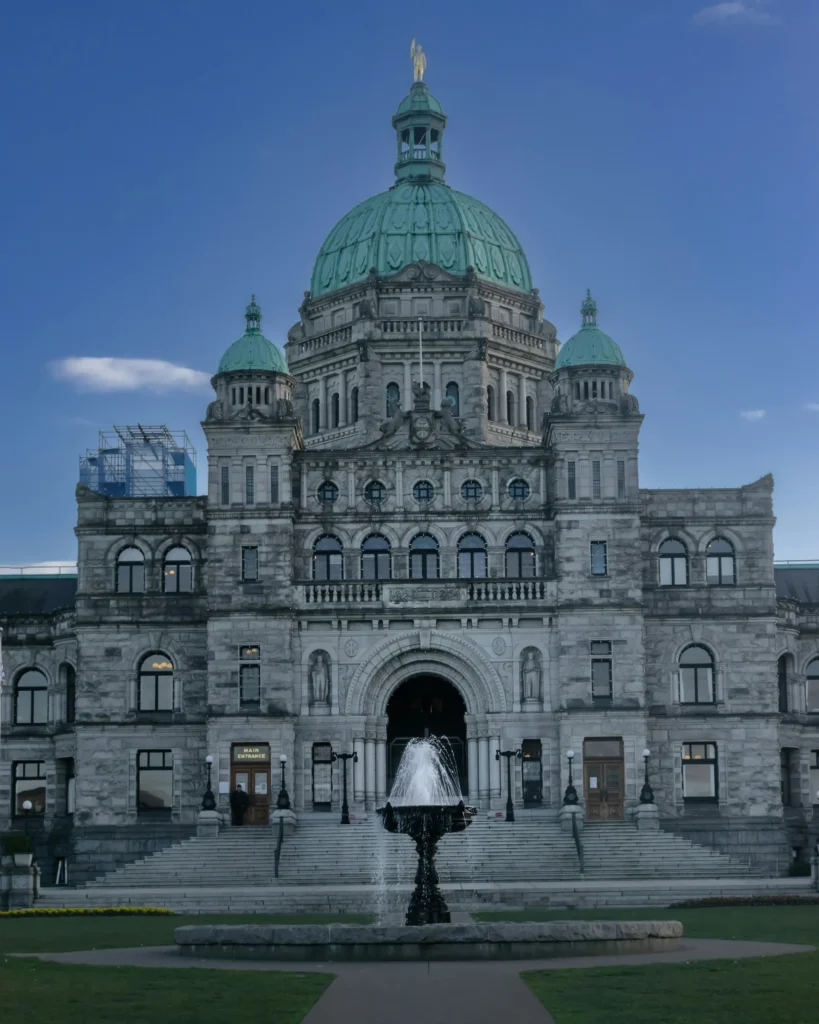Target Legislation

Nuclear power combines low lifecycle greenhouse gas emissions with low land usage. Nuclear power doesn’t have siting requirements to harness solar, wind, and hydro resources.
Our objective is not to criticize renewable energy sources, but they require significantly more land to operate than nuclear, and that is clearly a local environmental impact.
Nuclear technology can be a contentious issue. As demand for clean and environmentally friendly energy increases, nuclear energy cannot be ignored. Nuclear energy is a critical part of Canada’s energy plan. Other provinces have adopted nuclear energy, and more nuclear reactors are expected in the coming decades.
Many of the concerns about nuclear energy relate to the lifecycle of the uranium fuel. These challenges have been (or will be) addressed in Canada. BC would be a late adopter of nuclear energy. Canada must enact a solution for the lifecycle of the uranium fuel regardless of adoption in BC. In November 2024 the Nuclear Waste Management Organization (NWMO) announced it has selected Wabigoon Lake Ojibway Nation (WLON) and the Township of Ignace as the host
communities for the future site for Canada’s deep geological repository for used nuclear fuel. Consider the advantages of having your primary environmental concerns concentrated in small quantities of solid form.
More exciting concerns about nuclear energy relate to the infamous nuclear disasters. In Canada, nuclear energy has had a proven and safe track record. Engineering, operational, and administrative practices can all be improved by studying past incidents. It would seem logical that by the time a
nuclear reactor project became a reality in BC it would be using modern engineering, operation, and administrative practices resulting in a safe and reliable source of electricity.
Given the many stages involved in conceptualizing, approving, engineering, and constructing a nuclear reactor power plant, is it necessary to have a legislative block to nuclear energy? It seems more
reasonable that if nuclear energy is the best option for an application, it should have its chance in an approval process that would not skip engagement with the community and First Nations.